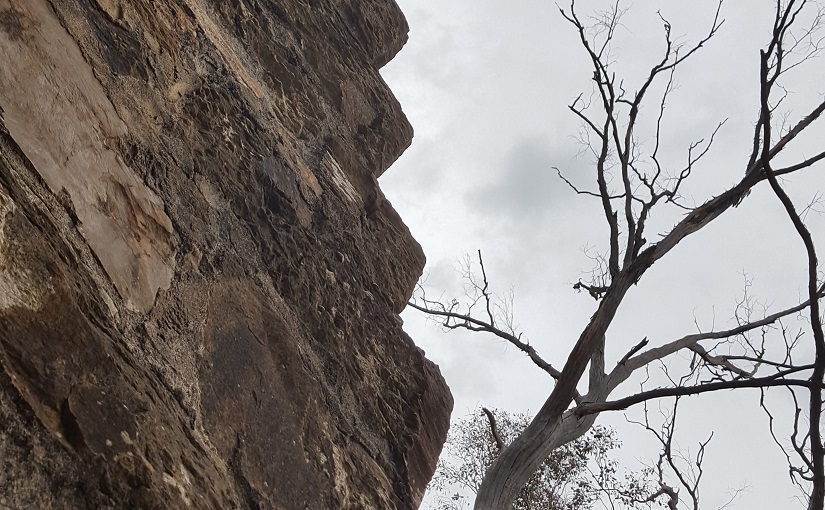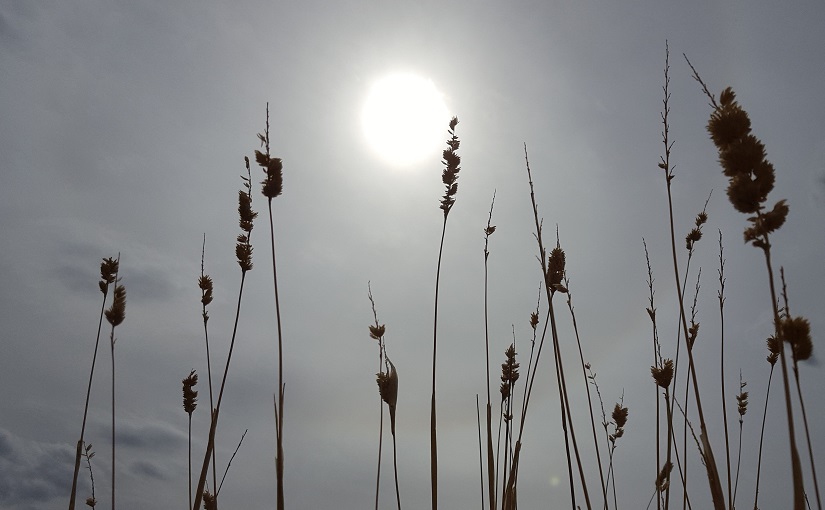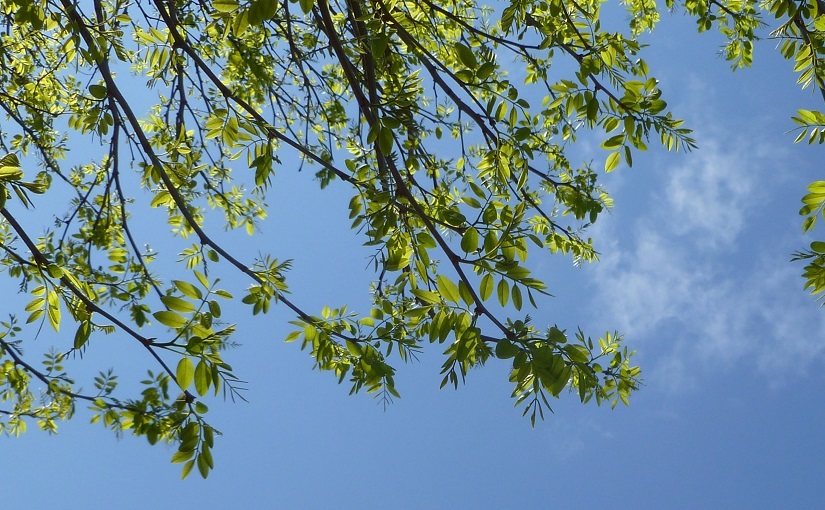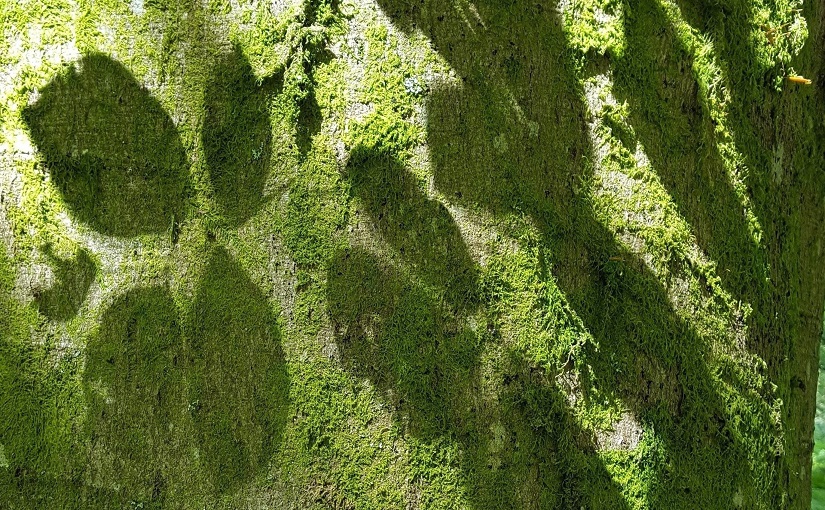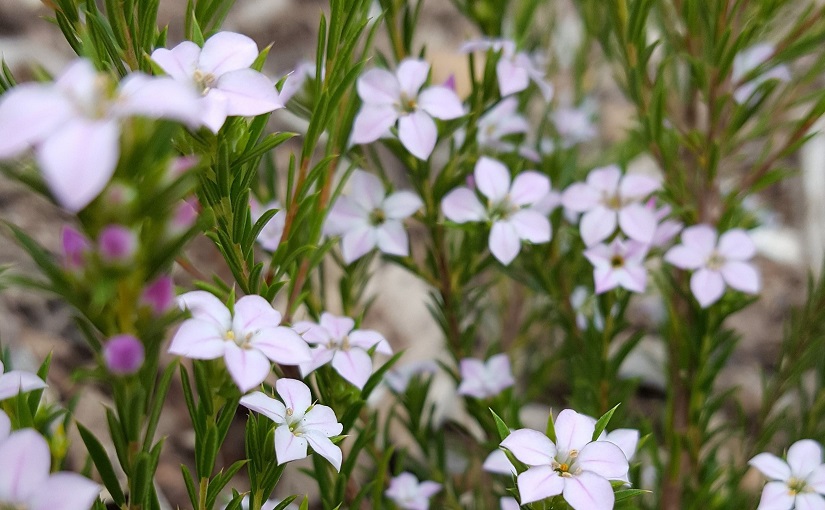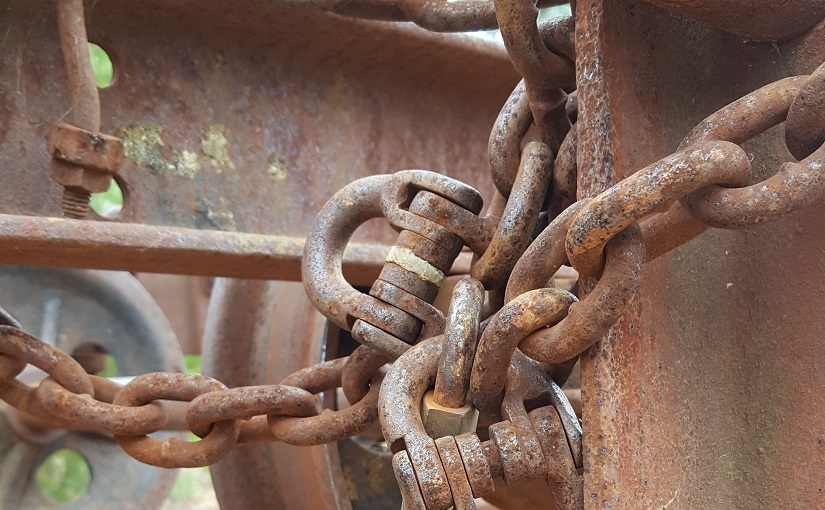With everything that’s going on in life, it’s strange to think no one’s really so concerned with what’s going on inside – our inner lives or, for want of another word, the soul. If we were to see all that goes on within us as significant, valuable and important, why is it treated as if it’s of no relevance or interest to society?
Isn’t it what we’re all living with? Our own memories, experiences, hopes and dreams. All those paths we’ve walked, people we’ve met, ideas we’ve entertained, and moments we’ve lived to this point. The perspective we’ve gained on life and expectations we have in mind about it must be a huge reality for every single person. From the human viewpoint, it’s perhaps all there is.
What do we have but our inner life? The ways society’s ideas affect us and make us feel about ourselves, others, and existence itself. The kinds of relationships we’ve tended to have, whether nurturing and life-affirming or something quite different. Isn’t everything we’ve encountered in life part of this inner landscape of lessons learnt, emotions felt, and habitual responses forged over time? (Notes One)
I’m not sure can we say that doesn’t matter, that we shouldn’t take things personally, when it’s conceivably all personal. Isn’t anything that deals with people “personal”? Any action, word or attitude that touches another can be seen as personal; much as we may claim it wasn’t intended that way. Everything that happens within society must – on one level – be personal in that it’s all happening to, for, by, or around people.
Yet aren’t we often being treated as mere physical objects? Interacted with on the abstract, hypothetical basis of ideas about “human nature” and how to “manage it” within modern communities. As if, in order to cope with this way of living, we reduce others to being simply concepts of humanity – not quite acknowledging them as real people so we can make it through the day.
Of course, there is a lot of overwhelm to modern life – this constant inundation of new information, hefty emotional content, and the difficulty of brushing up alongside relative “strangers” in both physical and virtual reality (Notes Two). Faced with that, it’s perhaps “natural” we prioritise managing our own lives and what matters most to us, rather than worrying unduly about everyone around us.
Which seems to mean no one’s really that bothered about soul, about the bigger human picture of how this is coming together. So, we’re treated fairly coldly; picked apart quite callously by industry calculations; pushed around almost carelessly by culture’s critical judgement. An “each to his own” mentality that seems, sometimes, to forget we’re all human with inner lives that matter (Notes Three).
While it seems impossible to actually deny the richness and beauty of the human soul, as captured within culture, philosophy or thought; it also seems we’re living in ways that aren’t fully taking into account the real value and significance of all our conscious experiences of existence.
Notes and References:
Note 1: Personal archaeology
Note 1: Complication of being human
Note 1: Problems & the thought that created them
Note 1: Going towards the unknown
Note 2: Overwhelm and resignation
Note 2: What’s the idea with culture?
Note 2: True relationship within modern society?
Note 2: Mastering life’s invisible realities
Note 2: Attacks on our humanity
Note 2: Is this the ultimate test?
Note 3: Absolute or relative value
Note 3: Treating people like sims?
Note 3: Where do ideas of evolution leave us?
Note 3: What it is to be human
Turning to those who are, in various ways, attempting to address the inner life, there is Literature that’s treating the soul.



